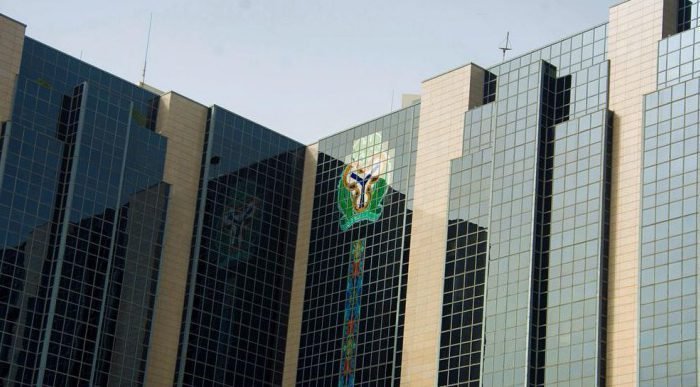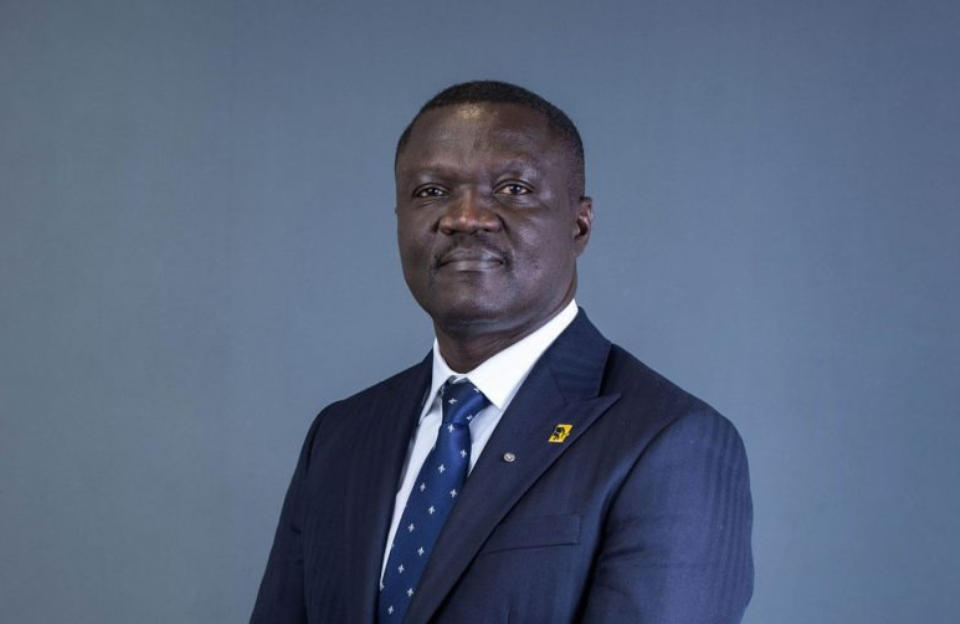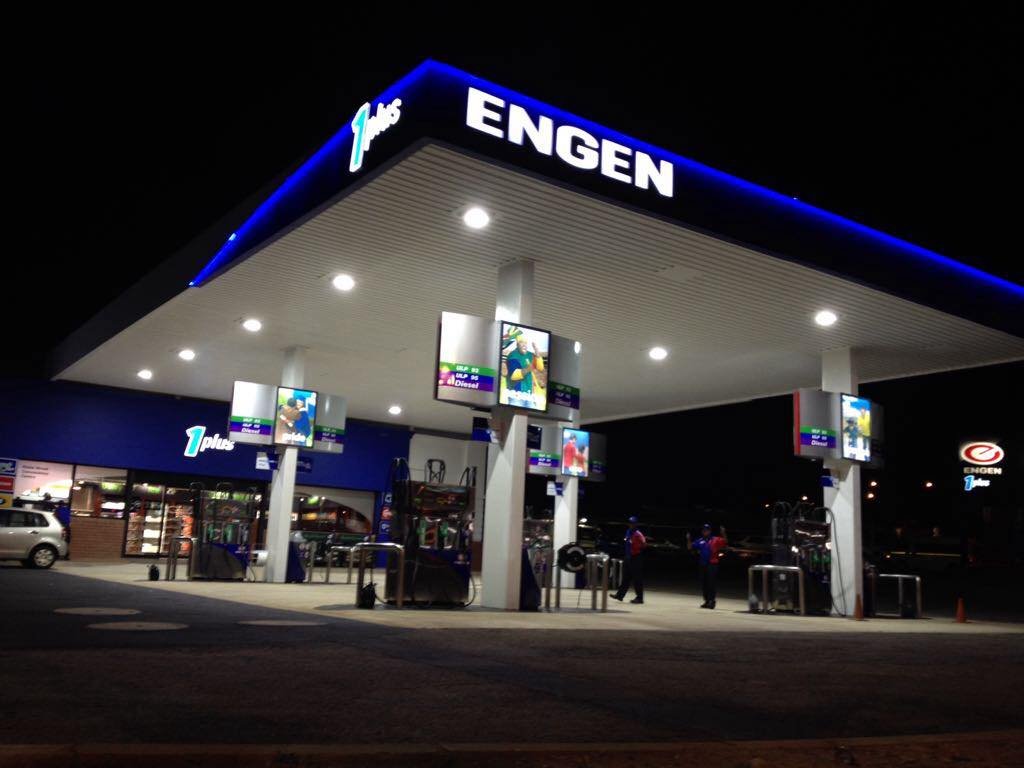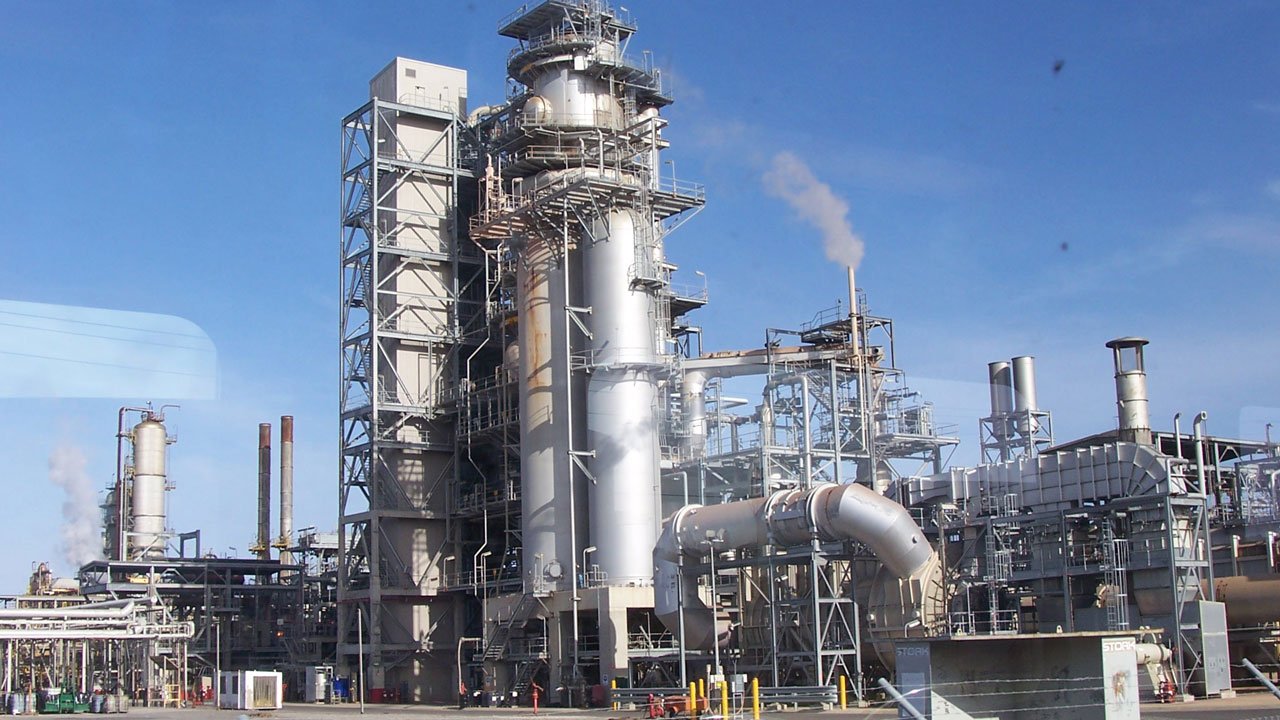

CBN Reports $11.69bn forex inflow in Q3
The Central Bank of Nigeria has recorded a total of $11.69bn foreign exchange inflow in the Q3 of 2019.
It stated that the amount showed a decline of 6.7 per cent over what it recorded in the previous quarter.
In the statement, it was mentioned that, “Aggregate foreign exchange inflow into the CBN amounted to $11.69bn, showing declines of 6.7 per cent and 9.5 per cent, compared with the levels in the Q2 of 2019 and the corresponding period of 2018, respectively.
“The development, relative to the preceding quarter, reflected mainly the fall in non-oil receipts. Aggregate outflow from the CBN was $15.30bn, indicating an increase of 22 per cent above the level in the second quarter of 2019, but a decline of 12 per cent, compared with level in the corresponding period of 2018.”
Explaining further in the statement, the rise in outflow, relative to the preceding quarter, reflected mainly the increased interventions in the foreign exchange market and other official payments.
Also, it stated that the foreign exchange flows, through the bank in the review period, resulted in a net outflow of $3.61bn, compared with the net outflow of $0.02bn and $4.47bn in the preceding quarter and the corresponding period of 2018, respectively.
It said that the aggregate foreign exchange inflow into the economy amounted to $25.76bn in the Q3 of 2019, indicating a decline of 5.7 per cent, compared with the level in the preceding quarter, but an increase of 4.3 per cent above the level in the corresponding period of 2018.
The development was as a result of the 6.7 per cent and five per cent declines in the inflow through the CBN and autonomous sources, respectively.
Oil sector receipts, which accounted for $4bn, rose by 4.9 per cent and 3.5 per cent above the levels at the end of the preceding quarter and the corresponding period of 2018, respectively.
In addition, the non-oil public sector inflow, at $7.71bn (29.9 per cent of the total) in the review period, declined by 11.7 per cent and 15.1 per cent below the levels at the end of the second quarter of 2019 and the corresponding period of 2018, respectively.


















